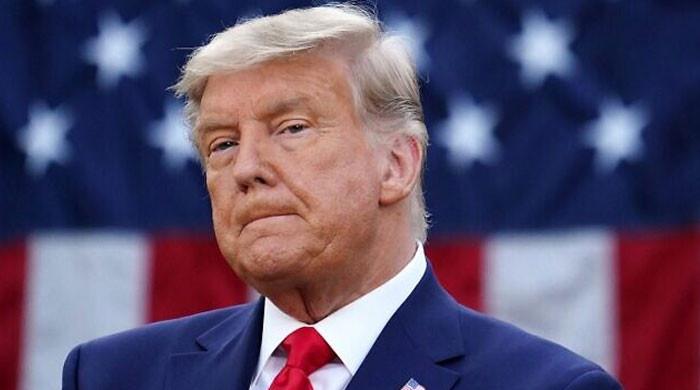In the investigation into former President Donald J. Trump’s handling of classified documents, a new federal grand jury in Florida has emerged, adding a surprising twist to the case.
This grand jury in Florida operates separately from the one in Washington, D.C., which has been the focus of prosecutors looking into allegations of mishandling classified documents and obstruction of retrieval efforts by Trump after leaving office, according to The New York Times. Over 20 members of Trump’s Secret Service security detail have already testified or been subpoenaed by the Washington grand jury.
While the Washington grand jury may have stopped hearing witness testimony recently, the Florida grand jury, situated in Miami’s Federal District Court, began hearing evidence last month. Only a few witnesses have testified or are scheduled to appear before the Florida grand jury. The reasons for impaneling the Florida grand jury remain unclear, as the secrecy surrounding grand juries hinders public understanding of the overall strategy employed by special counsel Jack Smith.
Legal experts and those familiar with the inquiry believe that there could be several reasons for using a grand jury in Florida. If both grand juries are active, it suggests potential charges in both Washington and Florida. Alternatively, the Washington investigation might be nearing completion, and prosecutors are preparing to make a decision on charges while considering additional indictments in Florida. Another possibility is that Smith has determined Florida as the appropriate jurisdiction for any charges in the case and has transferred the entire grand jury proceeding there.
Moving the investigation from Washington to Florida due to legal venue issues is not uncommon, especially when dealing with classified information. If charges are to be brought in both Washington and Miami, it could involve targets residing and working in Florida, such as employees at Trump’s Mar-a-Lago club and residence. Whether the Washington grand jury will reconvene and vote to charge Trump or if the Florida grand jury will solely handle the case remains uncertain.
The decision to base the case in Florida could be influenced by the fact that significant events related to the documents inquiry occurred while Trump was living in the state. Negotiations regarding the return of government records, the initial discovery of classified documents, and enforcement of the subpoena all took place in Florida. However, establishing venue in Washington still remains a possibility.
Moving the potential case to Miami poses risks for Smith and his team, as a Florida jury might be more sympathetic to Trump compared to one in Washington. Judges in the Southern District of Florida, including Aileen M. Cannon, who paused the investigation to review seized documents at Mar-a-Lago, might also exhibit a more favorable disposition toward Trump. Ultimately, the precise strategy and direction of the investigation remain largely undisclosed to the public.

